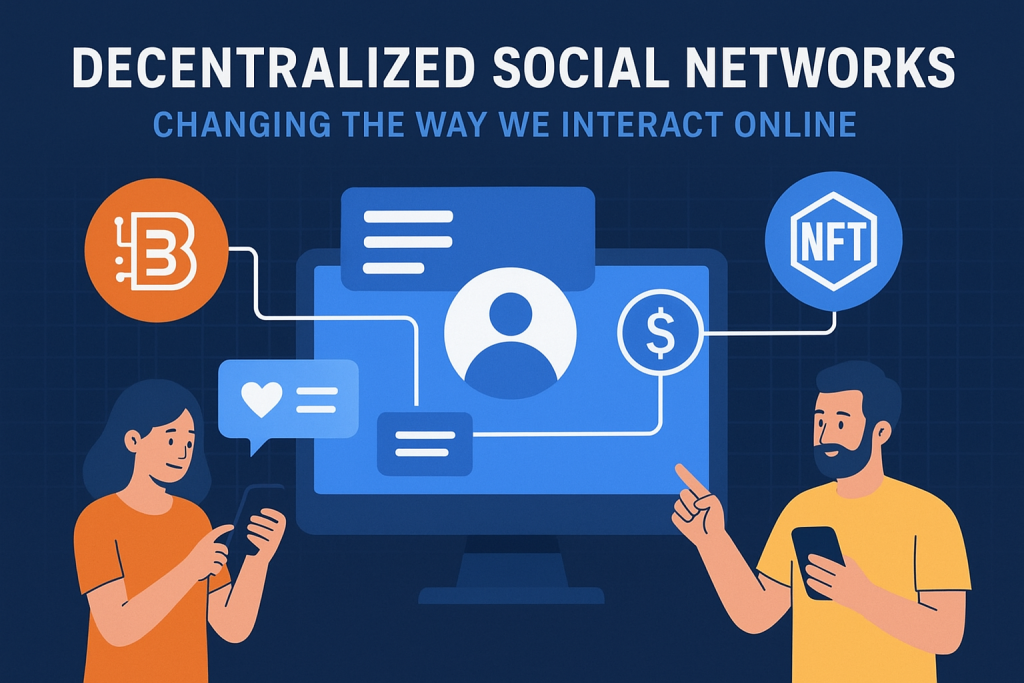Social media has become an integral part of our daily lives, but centralized platforms often raise concerns about privacy, content ownership, and monetization. Enter decentralized social networks (DSNs)—a new wave of platforms built on blockchain technology that puts users in control of their data and rewards them for their contributions.
Why Decentralized Social Networks Matter
Traditional social networks monetize user data, often without transparency, and impose restrictive rules on content creators. Decentralized social networks challenge this model by:
- Giving users ownership of their data: Information is stored on blockchain or decentralized storage, not controlled by a single company.
- Ensuring transparency: Users can verify rules, content moderation, and transactions directly on the network.
- Rewarding content creation: Through tokenization, creators can earn cryptocurrency for engagement, likes, shares, and contributions.
Tokenization and Monetization
One of the biggest advantages of DSNs is tokenization of content. Posts, images, videos, and even comments can be represented as NFTs or platform tokens, enabling creators to monetize their work directly without relying on advertisers. Users can tip creators, buy exclusive content, or participate in community governance using tokens.
Privacy and Control
DSNs prioritize user privacy. With blockchain-based identity solutions, users control who can access their data and how it is used. Unlike centralized networks, there’s no single point of failure, reducing the risk of mass data breaches.
Popular Decentralized Social Networks
Some emerging DSNs making waves include:
- Mastodon: Federated and open-source, with communities controlling their own servers.
- Lens Protocol: Focused on NFTs and creator economy, integrating tokenized content.
- Peepeth: Ethereum-based, emphasizing permanence and transparency.
The Future of Social Interaction
Decentralized social networks are still in their early stages, but they represent a shift towards user empowerment, fair monetization, and privacy-first social interaction. As Web3 technology grows, DSNs could redefine how we interact, share, and consume content online.
By combining blockchain with social networking, decentralized platforms offer a new paradigm—one where users are not just participants, but stakeholders. With increased adoption, DSNs may become the foundation of the next generation of online interaction.


